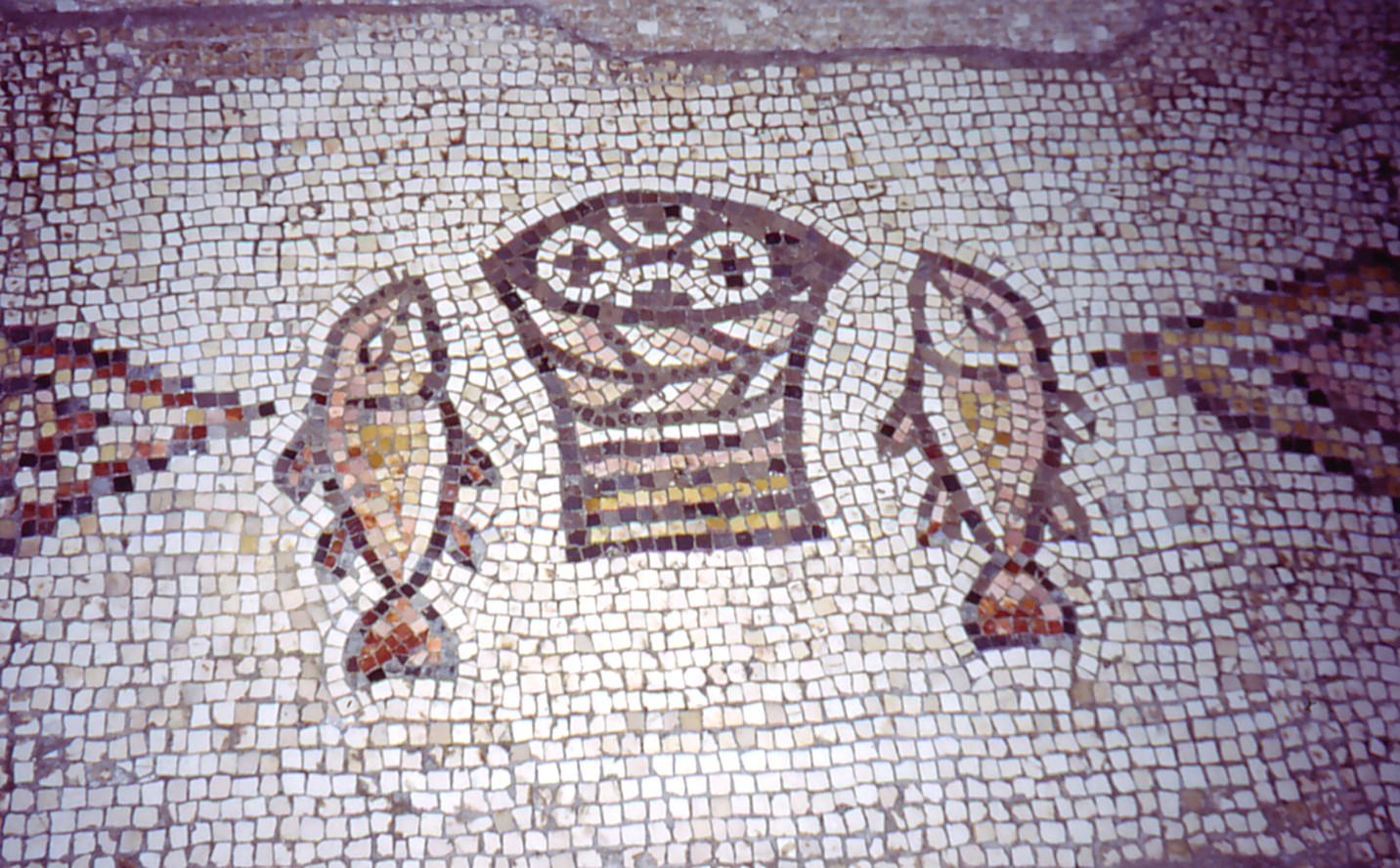Culture and Life
Twenty-first Sunday of the Year B (23 Aug 2015)
Homily of Fr. Paul Panaretos, S.J.
The culture into which Jesus was born was not identical to ours. Similarities existed, of course: people lived in a variety of social and economic ways; human longings were deep then as now; many practiced religion, some did not; doing things for show was a human bent that has never completely disappeared; and change made people anxious.
 Some differences are alien to us modern folk: ancients were suspicious of anything new; they worshipped gods in ever-increasing numbers; disease was pollution and punishment; and—the feature that confounds us—men held all the power.
Some differences are alien to us modern folk: ancients were suspicious of anything new; they worshipped gods in ever-increasing numbers; disease was pollution and punishment; and—the feature that confounds us—men held all the power.
Men held power over people as well as things. While love surely existed between spouses, the culture before and after Jesus championed a man’s power above love. Crisply put: in Jesus’ culture husbands did not have to love their wives.
Ephesus lived ancient Mediterranean culture in spades. St. Paul had been spelling out in his letter to Christians there—and to us—what it meant to live in love, as Christ loved us. He began with things in sync with the culture. He included wives deferring to their husbands.1 Some men may have dozed off, hearing nothing new. Until: Husbands, love your wives, even as Christ loved the church and handed himself over for her. Men would have been wide awake at those words.
The gospel challenged culture then, even as it does today. The gospel applauds ways culture helps people live in harmony with Jesus and his example. The gospel challenges every culture to better itself for the sake of every person.
Even some who walked with Jesus as disciples felt his challenge sharply. They gave Jesus a generous hearing when he identified himself as the living bread come down from heaven. He did challenge common sense. When he said, The one who feeds on my flesh and drinks my blood has eternal life and abides in me: it was too much. As a result…many of his disciples returned to their former way of life and no longer accompanied him.
 Their choice leads me to ask myself and us: are we cultural Catholics only? Do we practice without longing for Jesus to draw us closer? to deepen our faith in him? Or are we disciples for whom “faith is a force of life,” as Pope Francis describes it?2 Do we stay with Jesus and imitate his faith and try to love as selflessly as he loved? Are we generous with who we are because we are members of his body?
Their choice leads me to ask myself and us: are we cultural Catholics only? Do we practice without longing for Jesus to draw us closer? to deepen our faith in him? Or are we disciples for whom “faith is a force of life,” as Pope Francis describes it?2 Do we stay with Jesus and imitate his faith and try to love as selflessly as he loved? Are we generous with who we are because we are members of his body?
Jesus is a mystery, a flesh and blood mystery. So is each of us a flesh and blood mystery—even to ourselves. We would not empty the mystery a close friend, spouse, parent or sister or brother is. People close to us can trouble us at times; we don’t leave them on those accounts. Rather, we seek to learn and know each other better. Learning Jesus that way does not empty him of mystery. Learning Jesus that way makes him—mystery, challenge, all of him—more inviting and shapes us more like Jesus. For us disciples Jesus, our mystery, is our culture and our life.
In your daily 15 minutes with Jesus this week
- Rest in our triune God.
- Ask Sts. Paul and Peter to present you to Jesus.
- Chat with him: praise him for dying and rising for you; thank him for inviting you to accompany him as his ambassador in speech and action.
- Ask him for grace to stay close to him and love as he loves.
- Close saying slowly the Lord’s Prayer. He gave us his words to help us act and love more like him.
Link to this homily’s Spiritual Exercise
____________
____________
Wiki-images: Jesus multiplies loaves by Béria L. Rodríguez @ Wikimedia Commons CC BY-SA 3.0 Bread and fish mosaic by Grauesel CC BY-SA 3.0
No comments:
Post a Comment